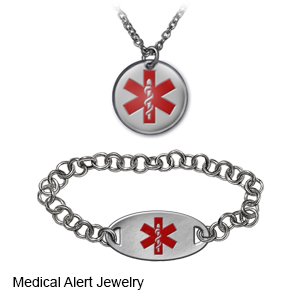Aphasia
Medically reviewed by Drugs.com. Last updated on Aug 4, 2025.
Aphasia is a condition that decreases the ability to speak, read, write, or understand others. Aphasia can be a short-term or long-term problem. Some people recover without treatment. Most people with aphasia need speech-language therapy.
DISCHARGE INSTRUCTIONS:
Contact a healthcare provider if:
- The person's communication problems are getting worse.
- The person is depressed because of communication problems.
- You have questions or concerns about the person's condition or care.
Help make communication easier:
- Help others understand how to communicate effectively. A speech-language therapist can help create a book that has pictures, words, or symbols to help with communication. Others may need to speak more slowly and clearly, or only write words. It may help to have a pen and pad of paper available at all times.
- Have extra time for listening, speaking, reading, and writing. Phone calls or conversations should be at times when it is easy to focus. Communication should never be rushed or done along with another task.
- Reduce distractions. If possible, turn off any TV, music, or other sound during conversations or reading. Background noise can make it more difficult to focus.
- Ask about technology. Software programs can be loaded onto computers that help with communication. Examples include software that types words as they are spoken, or that read text on the computer aloud. The speed can be slowed as needed to help with understanding spoken words. A speech-language therapist can help set up adaptive technology to help with written and spoken communication.
- Ask about medical alert identification. Medical alert jewelry or an identification card can help others understand the communication problems caused by aphasia. Ask a healthcare provider where to get medical alert identification. The jewelry or card should be carried at all times.

For support and more information:
- National Aphasia Association
350 Seventh Avenue
New York , NY 10001
Phone: 1- 800 - 922-4622
Web Address: http://www.aphasia.org
- American Speech-Language-Hearing Association
2200 Research Boulevard
Rockville , MD 20850-3289
Phone: 1- 800 - 638-8255
Web Address: http://www.asha.org
Follow up with a speech therapist as directed:
The person may need to return for regular visits. The speech therapist can help make a treatment plan. Write down your questions so you remember to ask them during the visits.
© Copyright Merative 2025 Information is for End User's use only and may not be sold, redistributed or otherwise used for commercial purposes.
The above information is an educational aid only. It is not intended as medical advice for individual conditions or treatments. Talk to your doctor, nurse or pharmacist before following any medical regimen to see if it is safe and effective for you.
Learn more about Aphasia
Treatment options
Care guides
Further information
Always consult your healthcare provider to ensure the information displayed on this page applies to your personal circumstances.
